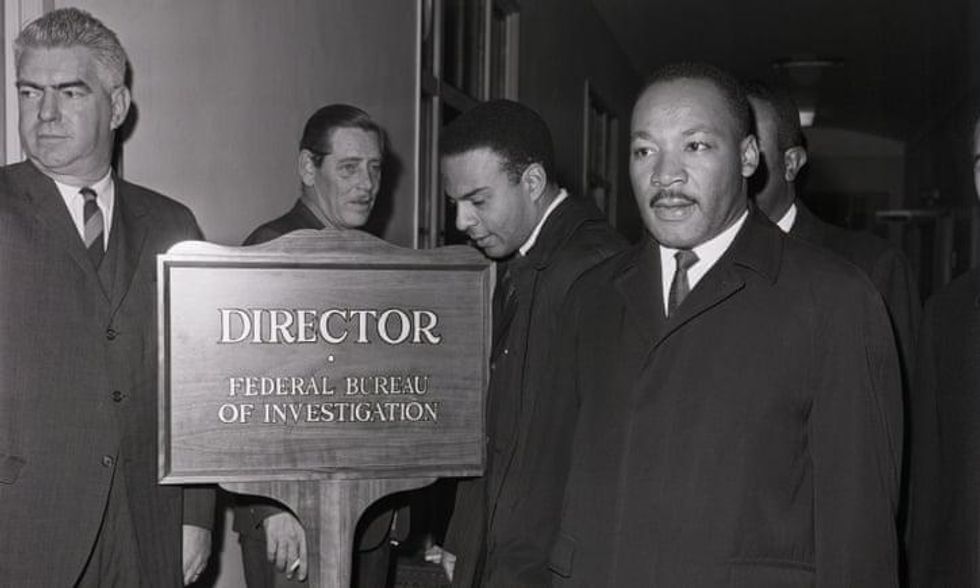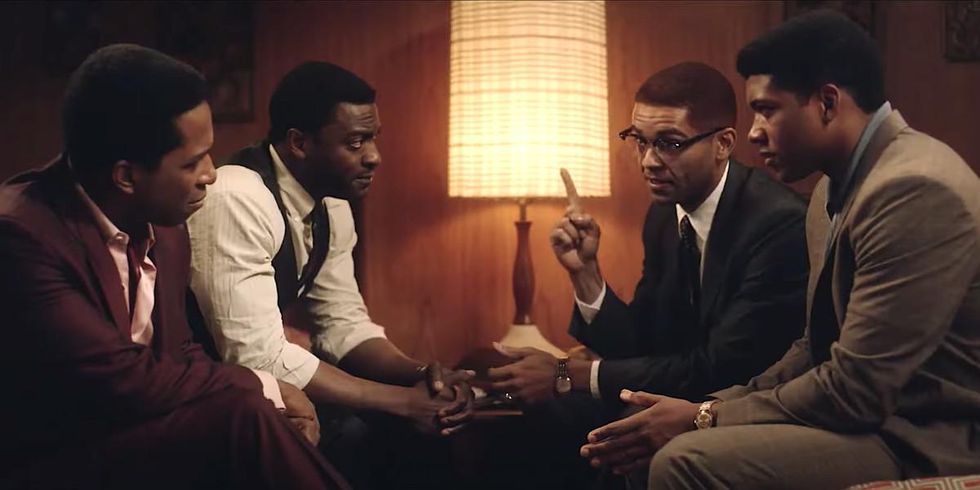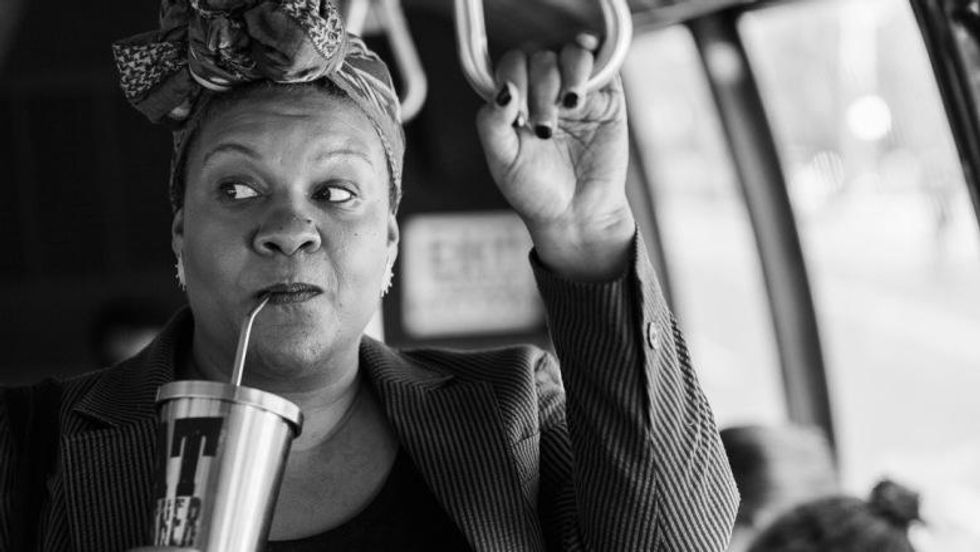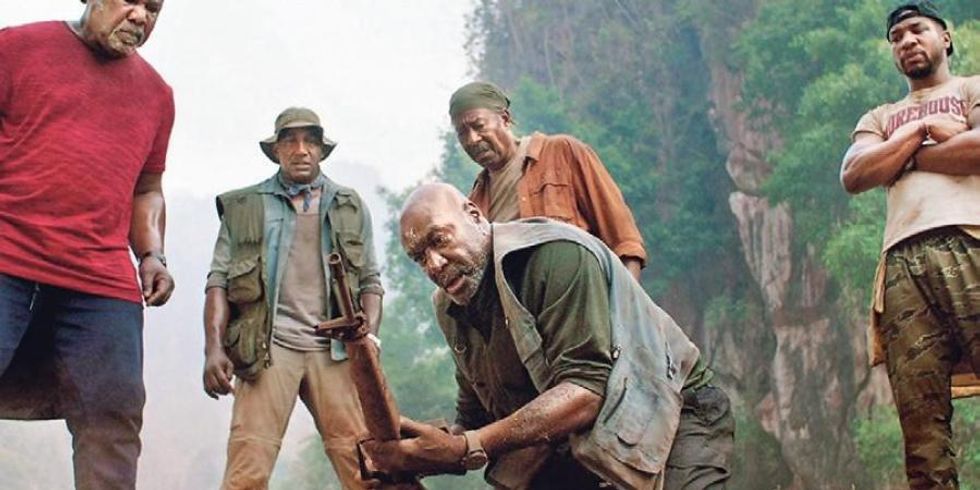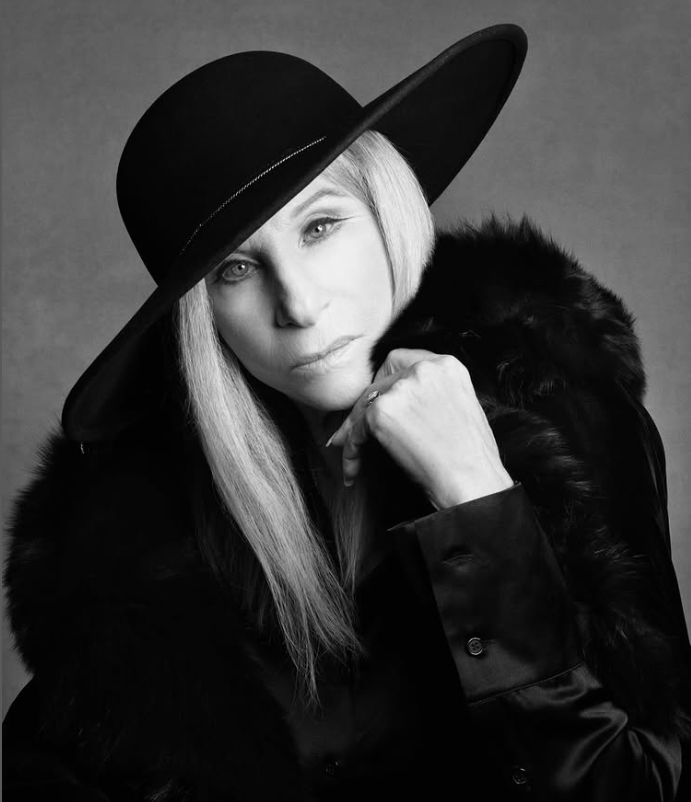
Unfortunately, racism didn’t end with Civil Rights.
But as we enter a new era of activism and protest, looking back at the Civil Rights Era can be both informative and inspirational.
The endless cinema on the civil rights era can, at this point, seem redundant. And while it’s important to produce contemporary Black stories instead of confining Blackness to civil rights and slavery, it’s also important to celebrate the social and political wins, prominent Black role models, and the profound impact of that era on our current landscape.
Prominent figures like Martin Luther King Jr have been endlessly mythologized in history books, on film, and in the American imagination. However, the movement cannot be distilled into the lives and work of one man.
To recognize his legacy is to attempt to understand the complex efforts for Black liberation that defined the civil rights era and continue today. This means everything from understanding the political and legislative barriers that gatekeep Black Americans from participating in democracy, to being introspective about our own socialization by a racist institution.
Martin Luther King Jr day is a reminder — this year more than ever after the call to action of 2020’s protests, the election, and the white supremacist insurrection — that the work is never finished, and that it’s important to live our values in everything we do.
So in 2020 and 2021, films that give a glimpse into Black life, from love to resistance, are more prominent than ever, leading to a renaissance in Black storytelling that reflects on the past but also informs the future.
MLK/FBI (2020)
A new documentary, MLK/FBI navigates the FBI’s campaign against Martin Luther King Jr through wiretapping and surveillance. The film gives an in depth exploration to what we already knew: that the FBI (who now send out a tweet every year on MLK day) actively pursued, harassed, and later assassinated Dr Martin Luther King Jr.
But what it adds to the narrative is layers of institutional conspiracy in which J Edgar Hoover, director of the FBI, set out to discredit and disempower not just King, but the progress he represented. The film is a case study in domestic espionage, which asks us to contemplate the ethics of surveillance. More urgently, it demands an evaluation of our leadership, the systems which funded and enabled Hoover’s vendetta — even while publicly praising King.
The film is a reminder that so much that King and others fought for is still being demanded today. After a historic turnout of Black Voters in the 2020 election, largely due to the work of voting rights activists in Black communities, voter suppression, one of King’s major fights, and so much institutionalized racism is still alive and well.
One Night in Miami (2021)
Based on a 2013 play of the same name, One Night In Miami, is a fictionalized imagining of the night Muhammad Ali won the world heavyweight championship in 1964. What we know of that night is limited. Just that Ali (then Cassius Clay) met his friends Malcom X, Sam Cooke, and Jim Brown in a motel room in Miami to celebrate and, the next morning, announced his membership to the Nation of Islam.
The film fills the space between with a conversation between the four about their different opinions on the paths to Black liberation and the roles that prominent men like themselves will have to play. It emphasizes the diversity in Black thought both then and now, and powerfully resists the idea of Blackness as a homogeny, even among friends.
The film ends with a quote from Malcom X, who was later assassinated by the Nation of Islam, that reads: “It is a time for martyrs now, and if I am to be one, it will be for the cause of brotherhood. That’s the only thing that can save this country.”
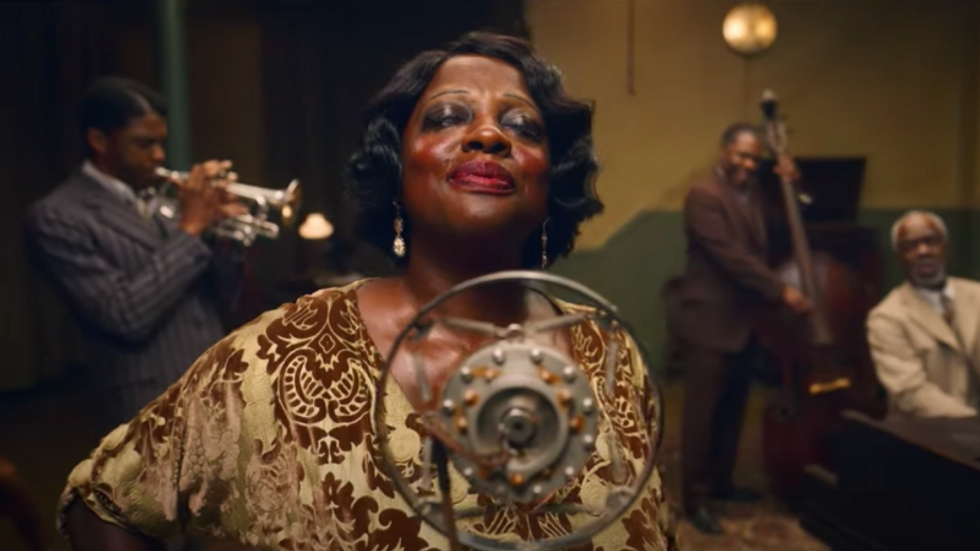
Ma Rainey’s Black Bottom (2020)
Ma Rainey’s Black Bottom also explores the intersection between fame and liberation, focusing on the struggle of Black artists to make art in an industry controlled by the concerns of money and whiteness.
Though the film is set in 1927, the discussions of art, politics, and respectability are as prominent now in a time when rap music has been so commodified by the record industry as then, when blues and jazz were starting to undergo the same process.
Viola Davis delivers stunningly relevant monologues about claiming agency as an allegedly powerful Black woman who still faces disrespect and discrimination, and Chadwick Boseman delivers an achingly emotional last performance as a musician trying to cater to the powers that be for his own interests.
The quiet tragedies of the film foreshadow issues that remain at the forefront of today’s activism, immersing the audience in a vibrant portrayal of the 1920s while never straying far from a reminder that all of this is still real today.
The 40 Year Old Version
Newcomer Radha Blank wrote, directed, and starred in this semi-autobiographical story of a Black playwright who takes up rapping to find her voice. An exploration of art and artistry, the story delicately weaves themes of Blackness and age into a charming story that resists feeling trite or didactic.
Though the film is shot in black and white, everything about it feels fresh. From Blank’s voice, to her direction, and her point of view. The film is a new take on that familiar question: as a Black woman, how do you find yourself, your voice, and your agency.
Da 5 Bloods
Spike Lee’s Da 5 Bloods is an epic exploration of trauma and healing. Following four Black Vietnam War veterans who return to Vietnam for the remains of their deceased leader and the gold bars he helped them hide.
At its essence, it’s both a treasure hunt adventure story and a war drama. But beyond that, it’s a compassionate portrait of an attempt to heal that comes wrapped in a dynamic allegory for reparations. Its ending, in which much of the recovered gold profits go to Black Lives Matter, is timely and cathartic.
As with all Spike Lee films, the political energy of the film is urgent and unveiled. From the unjustness of the Vietnam war, its traumatic effects, and the contemporary racial landscape, the film is sprawling but finds its focus in the bond between its characters.
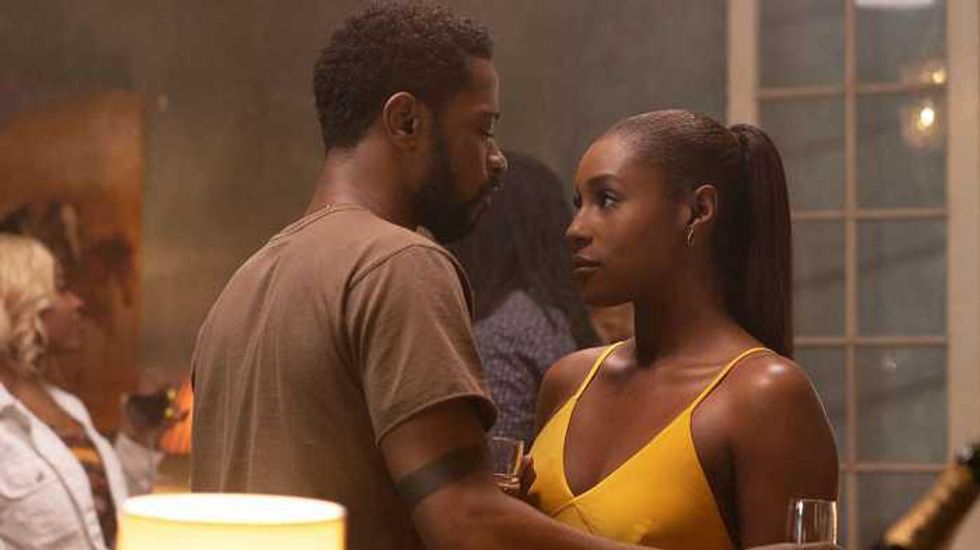
The Photograph
A love story starring Issa Rae and Lakeith Stanfield,The Photographis an intimate portrayal about the struggle for intimacy. The story follows the dual narrative of Issa Rae’s character and her mother, how they both struggle to open up. The story tenderly portrays family dynamics, intergenerational trauma, and how Black women have to be strong, often to their detriment, in a subtle depiction of two love stories.
Mostly, it lets Black women, who have often been on the sidelines of history, be the focus. It’s a light, low stakes film with high stakes implication in the politics of representation.
Films like this exemplify the renaissance of Black film that both acknowledges the subtle ways trauma affects Black daily life, but does not hinge on that trauma for voyeuristic thrills. We can have Black love stories, they say, which do not exist in a vacuum but exist with happy endings and still feel fresh and hopeful and real.

